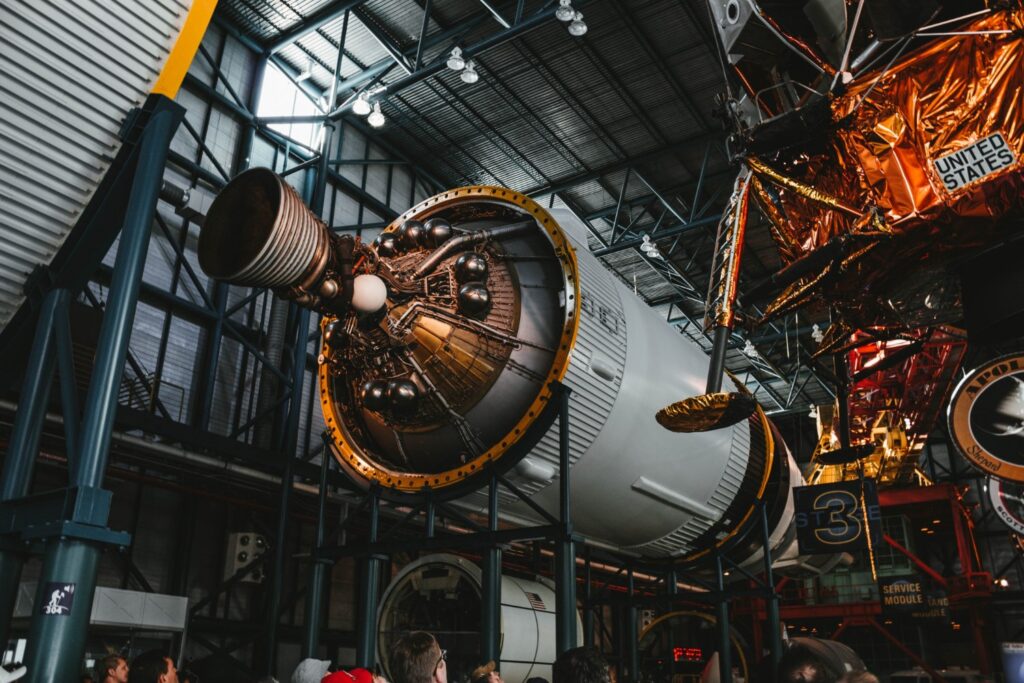In the world of aerospace, precision is not a luxury—it’s a necessity. Aerospace components are subjected to some of the most extreme conditions imaginable, from high-altitude pressure variations to extreme temperature changes and immense mechanical stress. The safety, reliability, and efficiency of an aircraft or spacecraft depend on each component functioning flawlessly. This is why precision manufacturing is at the core of the aerospace industry.
The Importance of Precision
Aerospace components, ranging from airframes and landing gear to avionics and propulsion systems, need to meet exacting specifications. Even the smallest deviation in the manufacturing process can lead to component failure, with potentially catastrophic consequences. Precision in aerospace component manufacturing is necessary to ensure:
- Safety: A single faulty part can compromise the safety of the entire aircraft.
- Performance: High-performance aircraft rely on precisely manufactured components for optimal operation.
- Compliance: The aerospace industry is governed by stringent regulations (e.g., AS9100), and compliance with these standards is non-negotiable.
Advanced Manufacturing Techniques
To achieve the level of precision required, manufacturers employ a variety of advanced techniques, including:
- CNC Machining: Computer Numerical Control (CNC) machining allows for extreme accuracy in the creation of complex aerospace parts.
- 3D Printing (Additive Manufacturing): While relatively new to aerospace, 3D printing is increasingly used for producing lightweight, high-performance components with intricate geometries.
- Sheet Metal Fabrication: A key technique for manufacturing aircraft fuselages, wings, and other structural elements, sheet metal fabrication is vital for creating durable and precise parts.
The Role of Quality Control
In aerospace manufacturing, quality control isn’t just about inspecting parts after they’re made—it’s integrated throughout the entire manufacturing process. Non-destructive testing (NDT), computer-aided inspection (CAI), and real-time monitoring are crucial to ensuring that components meet the necessary specifications at every stage of production. This proactive approach minimizes errors and ensures the highest quality output.
The Future of Aerospace Manufacturing
As aerospace technology continues to evolve, so too will the demands placed on component manufacturers. With innovations like electric propulsion and advanced materials (such as composites and ceramics) becoming more common, aerospace component manufacturers must remain at the cutting edge of technology to meet these new challenges.
In conclusion, precision isn’t just a goal for aerospace manufacturers—it’s the foundation upon which the entire industry is built. At MBV Aerospace, we understand the critical importance of precision in manufacturing and are committed to delivering the highest-quality components to ensure the success and safety of every aerospace mission.

